No Peace Without Justice is an international non-profit organisation founded by Emma Bonino and Marco Pannella, born of a 1993 campaign of the Transnational Radical Party that works for the protection and promotion of human rights, democracy, the rule of law and international justice.
Our organisation is a founding and steering committee member of the Coalition for the International Criminal Court (CICC) and has special consultative status with the United Nations Economic and Social Council (ECOSOC).
Vision
The core vision guiding our work is that impunity for violations and abuses of human rights in any form is not an option: the respect of dignity and freedoms must be guaranteed to all, without exception, as enshrined by the rule of law. If violations and abuses are committed, those bearing responsibility, whatever their level of power, should be held to account to provide justice and redress to victims and survivors. Ranging from mass atrocities perpetrated in war times, to repressive policies carried out against dissenting voices, environmental and human devastation caused by practices such as deforestation, fires and land grabbing (some of which should be addressed as ecocide), or practices brutally denying women’s rights under the alibi of tradition, the only response to these violations is accountability.
Mission
Our mission is articulated through the following objectives:
- To strengthen national, regional and international systems, mechanisms and standards that promote and protect human rights and deliver justice and redress for victims.
- To promote international justice and accountability, including the International Criminal Court, to combat impunity for war crimes, crimes against humanity, genocide and ecocide, also by holding States to their obligations to investigate and prosecute crimes under international law.
- To support human rights defenders, communities and local actors struggling to defend and promote human rights, democracy and the rule of law.
- To fight all forms of discrimination and sexual and gender-based violence, including Female Genital and Sexual Mutilation and early and forced marriage.
Our values
We believe that silence in the face of human rights violations equals complicity: we encourage States and institutional actors to use their positions and to cooperate with civil society to denounce human rights violations and take action with a view to ending them across the world.
We seek to amplify local voices, not replace them: we support the empowerment of victims and survivors as active agents for change for themselves, their communities and the world.
We challenge assumptions and push boundaries to help break discriminatory and harmful power dynamics and effect sustainable cultural, political and social change.
We do not accept that universal human rights have no space in the private sphere, such as the relationship between parent and child or between spouses or partners: FGM and marital rape are examples of violations of these universal rights, which the State is responsible to prevent.
We do not accept that massive war crimes and atrocities are an unavoidable consequence of conflict, nor that they “just happen”: they are the result of deliberate policy decisions by individuals at the highest levels, who can and should be held personally accountable by States and by the international community.
We do not accept that poverty, illiteracy and underdevelopment can be separated from civil and political rights or that social justice can be achieved without individual freedom: political freedoms and civil liberties give voice to the poor, the oppressed and the disadvantaged and empower them to drive permanent change.
We do not accept impunity for environmental and human devastation and consider that ecocide should be recognised at national and international levels in order to hold perpetrators to account and ensure the preservation and restoration of ecosystems and the respect of human rights of local and indigenous peoples.
Support our commitment
for the protection and promotion of human rights, democracy, the rule of law and international justice throughout the world.
Our Strengths
WE ENGAGE
NPWJ engages institutional and non-institutional local actors in substantive and strategic partnerships: We work with these actors because they are partners on common priorities and shared values, not because they “implement” things for us or because we implement things for them.
WE EMPOWER
NPWJ empowers victims and survivors of human rights violations, supports vulnerable and under-represented groups (such as women, children and minorities) and empowers them as actors for change, including by bringing their experiences and built-up expertise and capacity to other situations in need.
WE CHERISH PRACTICAL KNOWLEDGE
NPWJ has recognised in-house expertise on a range of human rights issues and access to a large network of world-renowned experts to complement in-house resources where needed.
WE ACT ACCORDING
TO OUR CONVICTIONS
NPWJ sets its own agenda, based on our political priorities, our specific expertise and on the basis of needs as assessed on the ground. Policy objectives and operational priorities are set independently of easily available resources; where we have the necessary expertise and there is a need for action, our objectives and priorities drive our fundraising strategy.
WE LISTEN
NPWJ learns from local actors: We work with them to adjust priorities as needed and bring the needs and constraints on the ground to the attention of relevant actors outside the country, also with a view to informing their policy priorities.
Our Goals
Through our campaigns and political initiatives at a global level we pursue the following objectives
Fighting
impunity in all its forms
Discover more
Empowering
women and children
Discover more
Supporting
activists
Discover more
Our Story

Transparency
Board
of Directors
Team
Official
documents
Partners and sponsors











